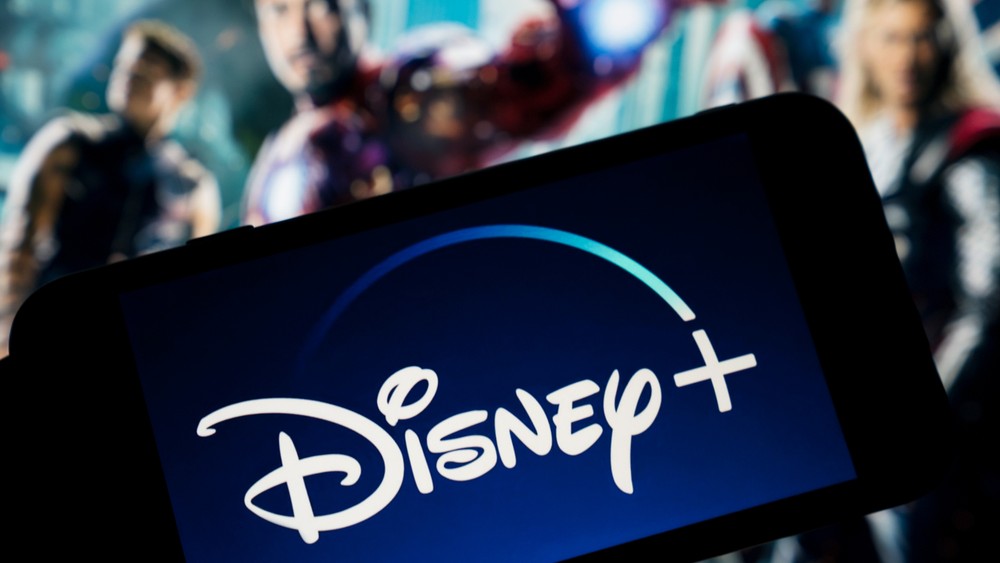Key Takeaways
• A Disney boycott is gathering steam after Jimmy Kimmel’s suspension.
• Celebrities and fans threaten to cancel their Disney+ subscriptions.
• Google searches for “Disney boycott” spiked sharply online.
• Ex-Disney CEO Michael Eisner and podcaster Bill Simmons spoke out.
• Disney faces protests, political pressure, and financial risks.
What Led to the Disney Boycott
Late-night host Jimmy Kimmel was put on indefinite suspension. He made sharp remarks about MAGA supporters after a shooting involving Charlie Kirk. ABC and Disney moved quickly to halt his show. However, that action sparked calls for a Disney boycott. Fans argued that punishing Kimmel crosses a free speech line. Meanwhile, insiders warn that Disney’s public image and profits could suffer.
Reactions and Protests Fueling the Disney Boycott
Almost immediately, protesters showed up outside Disney and ABC studios. They held signs and chanted for Kimmel’s return. At the same time, celebrities threatened to drop Disney deals. Popular actors and musicians spoke out on social media. They said they refused to support a company that caves to pressure. In addition, both Republican and Democratic leaders criticized Disney’s move. They said it gave in to out-of-control intimidation.
Moreover, former Disney chief Michael Eisner posted an open letter online. He asked, “Where has all the leadership gone?” He argued Disney should defend free speech. He warned that silence invites more bullying. His words gave even more fuel to the growing Disney boycott.
Economic Impact of the Disney Boycott
As fans took to social media, searches for “Disney boycott” surged on Google. Screen captures showed celebrities canceling Disney+ subscriptions. In fact, top names like a member of NSYNC and a Transparent star shared their cancellations. They urged fans to do the same if Disney did not reverse the decision.
This backlash hits Disney’s bottom line hard. Streaming subscriber numbers could drop. Advertising revenue may also take a hit. Even theme park attendance might suffer if public anger grows. Meanwhile, Disney executives face questions about their leadership. Should they stand firm or appease critics?
Bill Simmons, a well-known podcaster, admitted he doubted Kimmel would return. Yet, he changed his view. He said, “This moment feels huge. If we let this happen, what’s next?” His shift shows the Disney boycott may unite unlikely allies.
What’s Next for Disney
Right now, Disney must decide its next move. Will it bring back Jimmy Kimmel? Or will it keep him suspended to calm critics? Either choice risks upset. Reinstating Kimmel might anger some political groups. Keeping him off air could upset free speech defenders.
In response, Disney released a brief statement. It said the company valued diverse opinions. It also promised to review the situation. Yet so far, the message has done little to quiet the storm. Protests continue, and the Disney boycott grows.
Disney’s leadership must weigh public opinion and economics. They face a test of strength and values. If they stand firm, they may lose viewers and money. If they cave, they may face backlash from other sides. Ultimately, the fallout could reshape how major media companies handle controversy.
Lessons From the Disney Boycott
First, public reaction can turn fast on big companies.
Second, free speech concerns unite people across politics.
Third, celebrity voices can drive real economic change.
Therefore, companies must plan carefully before taking major actions.
The Takeaway
The Disney boycott shows how quickly criticism can turn viral. A single decision sparked protests, cancelled subscriptions, and political heat. As Disney sorts out its next step, the world watches closely. The outcome will send a message about the balance between corporate caution and free expression.
Frequently Asked Questions
What is driving the Disney boycott?
Many fans and celebrities push for a Disney boycott after Jimmy Kimmel’s suspension. They believe his free speech rights were ignored.
How are people supporting the Disney boycott?
People are canceling Disney+ subscriptions and sharing the hashtag online. Protests have also happened outside Disney and ABC studios.
Could the Disney boycott hurt the company’s profits?
Yes. Fewer streaming subscribers and negative publicity could reduce revenue. Advertisers might also worry about brand safety.
What might Disney do to respond to the boycott?
Disney could reinstate Jimmy Kimmel or issue a stronger statement on free speech. They may also open talks with critics to calm the uproar.
